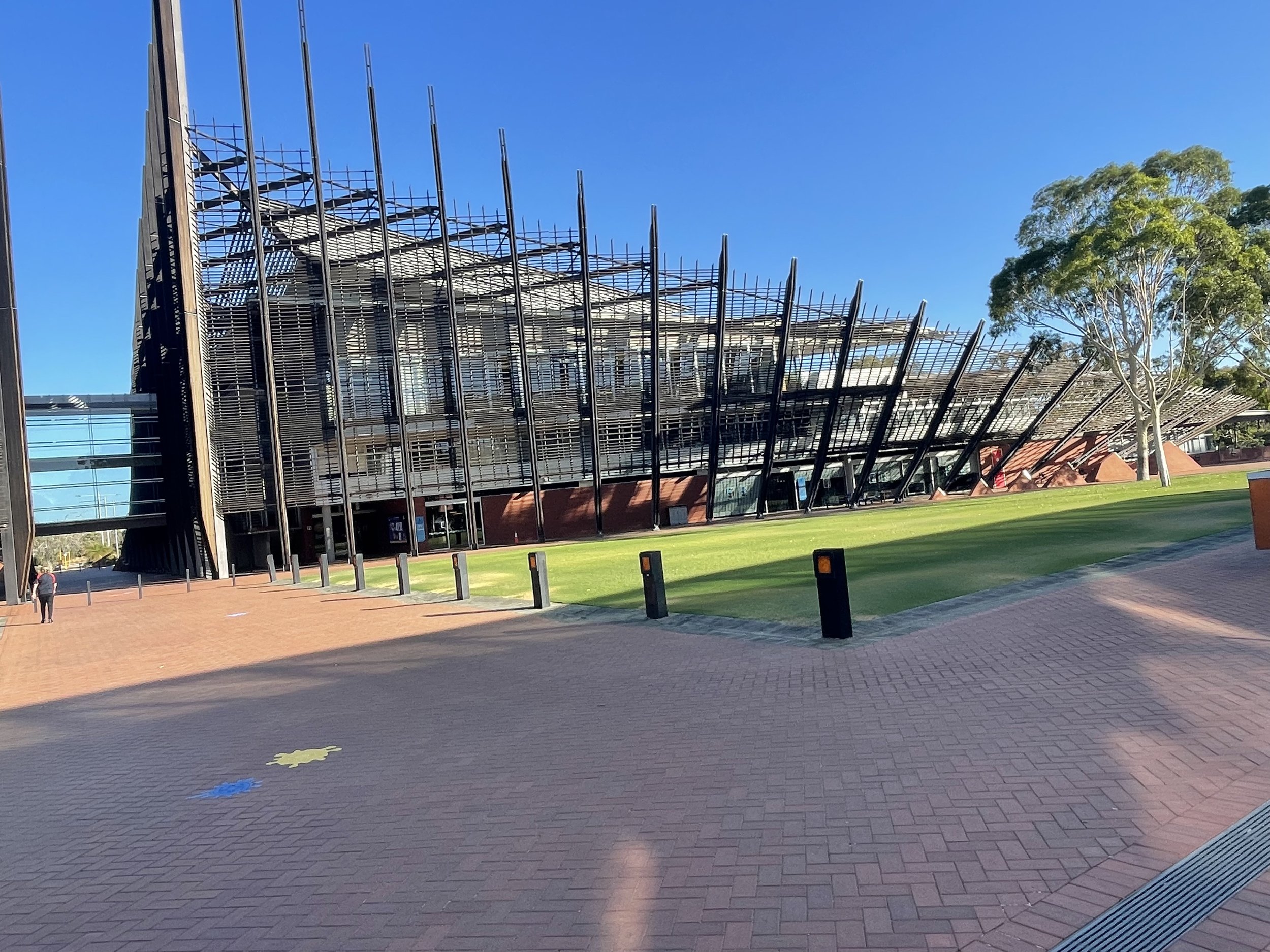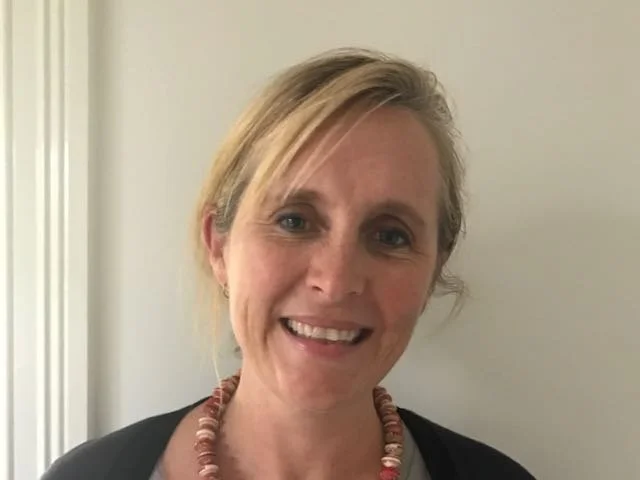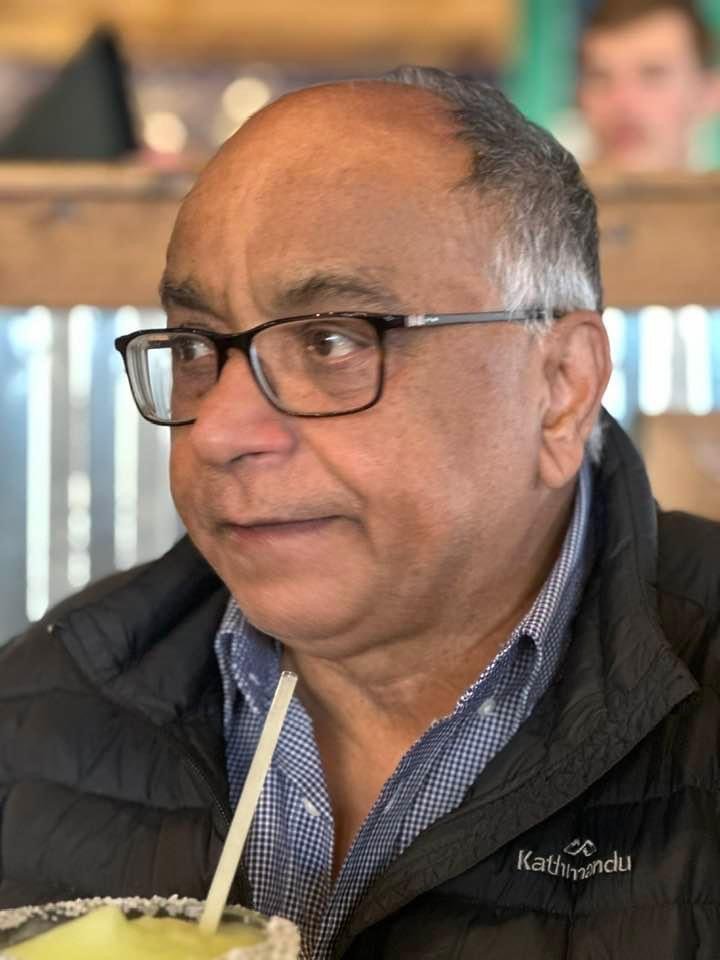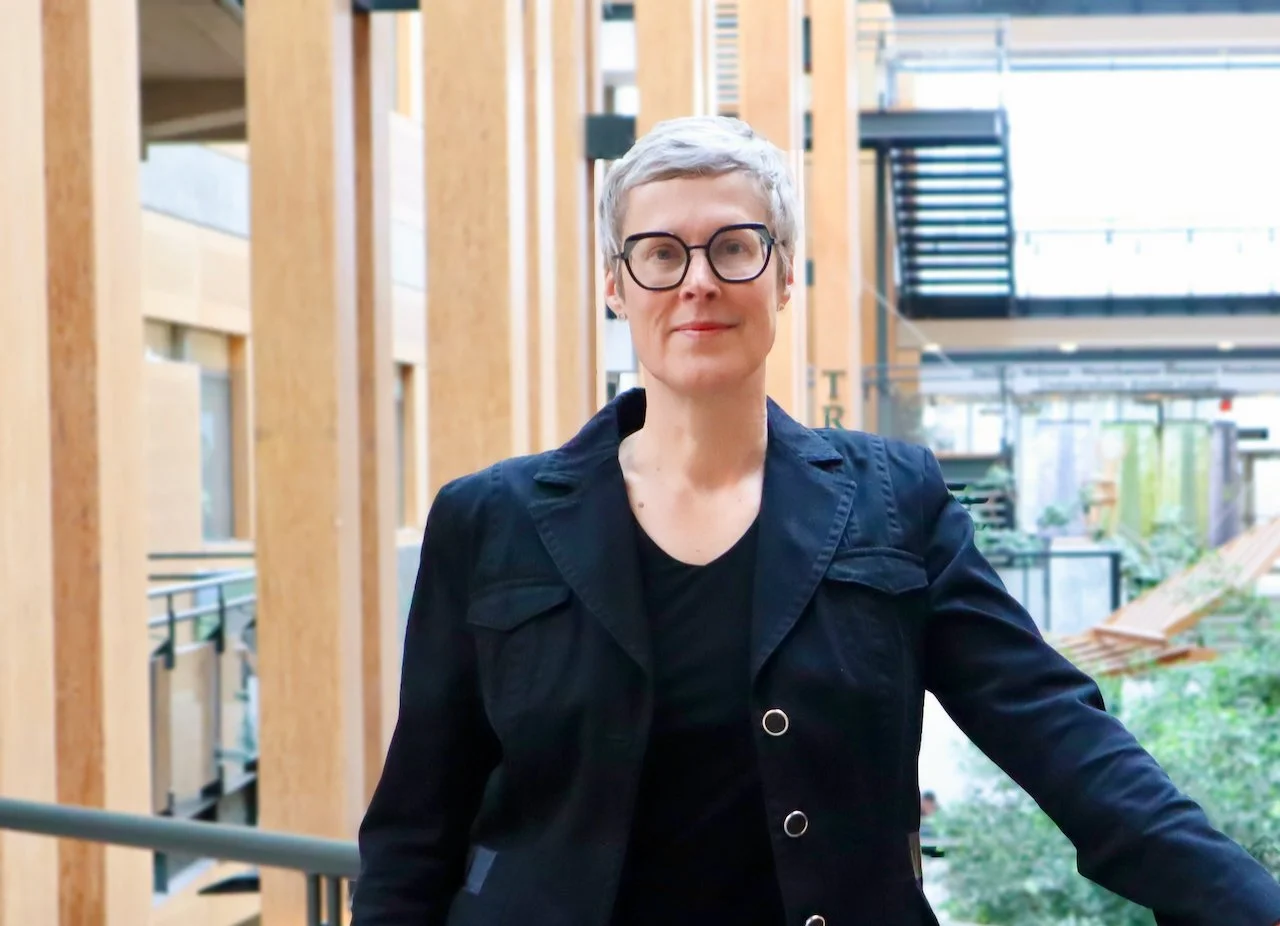Keynote Speakers 2025

-
![]()
Nin Kırkham
Nin Kirkham is the Deputy Head of School of Humanities at the University of Western Australia. Her research is on issues in applied ethics, especially environmental virtue ethics and the concepts of nature and naturalness as they are employed in debates in environmental ethics, bioethics and technology. More recently she has been working with a colleague Dr Chris Letheby on the role of psychedelic experiences in the development of environmental virtues. Their current collaboration focuses on the development of a virtue based integrative account of psychedelic moral enhancement. She currently teaches in the areas of critical thinking, continental philosophy, and ethics. Nin also has extensive experience teaching professional ethics and critical thinking into disciplines outside philosophy, including engineering, business and science. She is involved in the promotion and support of philosophy in schools, and philosophy in the community.
https://research-repository.uwa.edu.au/en/persons/nin-kirkham
-
Fazal Rizvi
Fazal Rizvi is an Emeritus Professor of Global Studies in Education at the University of Melbourne, as well as at the University of Illinois at Urbana-Champaign. He has written extensively on issues of identity and culture in transnational contexts, globalization and education policy, internationalization of higher education, and Australia-Asia relations. He is an editor-in-chief of the 4th edition of International Encyclopedia of Education (Elsevier 2022). He is a Fellow of the Australian Academy of the Social Sciences, a past Editor of the journal, Discourse: Studies in Cultural Politics of Education, and a past President of the Australian Association of Research in Education. Fazal is currently researching educational reform in Bhutan and has begun to explore issues of comparative philosophy as they relate to thinking about educational purposes and governance.
-
![Claudia Ruitenberg]()
Claudia Ruitenberg
Claudia W. Ruitenberg is a Professor of Philosophy of Education in the Department of Educational Studies at the University of British Columbia (Canada). She was born and raised in the Netherlands but has lived in Canada since 2000. She completed her PhD at Simon Fraser University (Canada) in 2005. She is the President of the Philosophy of Education Society (2024-25) and past President of the Canadian Philosophy of Education Society (2016-19). She is the author of Unlocking the World: Education in an Ethic of Hospitality (Paradigm, 2015) and editor of (among other titles) Reconceptualizing Study in Educational Discourse and Practice (Routledge, 2017). Other research interests include political education, ethics, speech act theory, and translation. A growing interest is in environmental ethics and educational responses to the climate crisis and other transgressions of planetary boundaries. Two recent publications in this area are the chapters “Welcome to a Planet in Crisis: Intergenerational Justice and Educational Hospitality as Common Decency” (2025) and “Solidarity with Youth Climate Activists: Intergenerational Justice and Chains of Equivalence” (2024, co-authored with Tierney Wisniewski). Claudia lives and practices permaculture on Salt Spring Island.
-
![Bruce Haynes]()
Bruce Haynes
Bruce Haynes (FPESA) was born at Southern Cross in 1942, and has lived and worked in Western Australia since then. Bruce holds degrees in history, philosophy, and education from the University of Western Australia and Ph.D. in philosophy of education from the University of Illinois, Urbana-Champaign. Bruce has been a high school teacher (history and geography), and was a teacher educator (social science, education, critical thinking) at Claremont Teachers College and its subsequent iteration as Edith Cowan University. Bruce has had teaching stints the University of Western Australia, Murdoch University, and Curtin University and held Visiting appointments at Queens University (Ontario), London Institute of Education, and Auckland University. While at Auckland, Bruce began participating in the Marshall/Haynes Fishing Competition and married Jim’s secretary. Bruce Haynes has been a member of the Editorial Board of the Australian Journal of Teacher Education from1980, and was its Editor 1990-2011. He is a regular reviewer for AJTE and Educational Philosophy and Theory. Bruce first joined PESA in 1971 and held numerous executive positions at various times. With Felicity Haynes, Bruce has been Conference Organiser each time a PESA conference was held in Perth (most recently in 2010). Since 1985, Bruce has been involved in the rehabilitation of Lake Claremont and, in recognition, was awarded the title of Freeman of the Town of Claremont. In retirement, he has focussed on investigating aspects of education, schooling, and teacher education that may change for the better if they were seen in the light of trust relations rather than true propositions.
Keynote Speaker Abstracts
-
Claudia W. Ruitenberg Education in a World of Broken Feedback Loops
In this paper I use “feedback” in the ecosystem sense of a flow of information, energy, or matter from a system’s output that, in a closed system, affects the input. For example, if I form a closed system with my houseplant, and that plant’s leaves start to droop, I regulate how much I water it. Most of the systems in which we live, especially if we are urban residents in postindustrial societies, are not closed-loop systems. For various reasons, many of the ways in which we use and discard water, food, fuel, building materials, and so on, have broken feedback loops. In other words, humans often do not receive the system’s signals and do not change their use of that system when signals suggest they should. This question is heightened because many of the material and immaterial systems in which we participate have become globalized, with feedback moved even further out of sight.
What role can and should education play in a world of broken feedback loops? Avoiding instrumental uses of education as a policy tool, I argue that one of education’s roles is to make visible the feedback that has been hidden from view. In doing this, and building on the work of Arendt, Derrida, Biesta, and others, I argue that education involves not only presenting, i.e., showing or pointing to what is already present, but also representing, in the dual sense of serving as a representative of the world, and of bringing back to our frame of attention what has been hidden.
-
Nin Kirkham What did critical thinking ever do for us?
The call for papers for this year’s PESA conference referenced our “increasingly pluralistic, post-truth, post-reality and divided world” and the “existential problems” that we face—noting climate change, AI, populism and the decline in ethical and reasoned discourse. The assumption contained in the call was that equipping young people with the ability to engage in reasoned deliberation is more pressing than ever before. And certainly, educating for critical thinking—thoughtfulness, coherence, rationality—is often held up as a silver bullet to heal our ailing and divided world. Perhaps rightly so. But in this talk, I apply some critical thinking to the claim. Drawing on many years of involvement in teaching philosophy and ethics, I reflect on what teaching critical thinking skills can—and cannot—achieve. I question the pervasive “crisis” framing in education, suggesting that constant existential rhetoric can leave students anxious and less resilient and I argue for some guiding principles: teach students how to think, not what to think; and guard against ideological narrowing, ensuring critical thinking is genuinely open to diverse perspectives, including those that make us uncomfortable. Rather than a cure-all, critical thinking should be taught as a discipline grounded in humility, charity, and the courage to engage with difference. Its power lies not in solving every societal problem, but in equipping students to reason together in good faith—even when the stakes are existential.
-
Fazal Rizvi Epistemic Struggles in Comparative Philosophy of Education
Since 2019, I have been working on a major initiative in educational renovation in Bhutan. Loosely defined though my role is, I am expected to hold critical conversations with teachers and researchers associated with the development of the Bhutan Baccalaureate (BB), the aims of which depart markedly from not only the colonial inheritance of the Bhutanese system of education but also the dictates of the Global Educational Reform Movement. The BB seeks to reimagine its educational priorities and practices within Bhutan’s epistemic, moral and cultural traditions grounded in its distinctive form of Buddhism. As someone who was trained in analytical philosophy; became a sceptic of its various presuppositions, but was entirely unfamiliar with Buddhism, I have been struggled to engage with these traditions. This has taken me to the literature in comparative philosophy. In this talk, I will discuss the extent to which this literature has helped me to engage with my Bhutanese colleagues; what its complexities and shortcomings are; and how we might rethink the ways in which it might be possible to holds critical but productive conversations across radically different epistemic traditions.
-
Bruce Haynes Towards Reconceptualising Education and Schooling Based on Trust Relations
A form of conceptual engineering is proposed wherein the truth condition of knowledge is replaced by trust relations. Consequential changes to education and schooling are considered. Education of the young is seen as initiation into selected evolving traditions through commitment to the current trust relations of those traditions. Compulsory schooling for the young includes education as part of the role of the school in facilitating the transition of the young from family to being active participants in aspects of the wider society.




